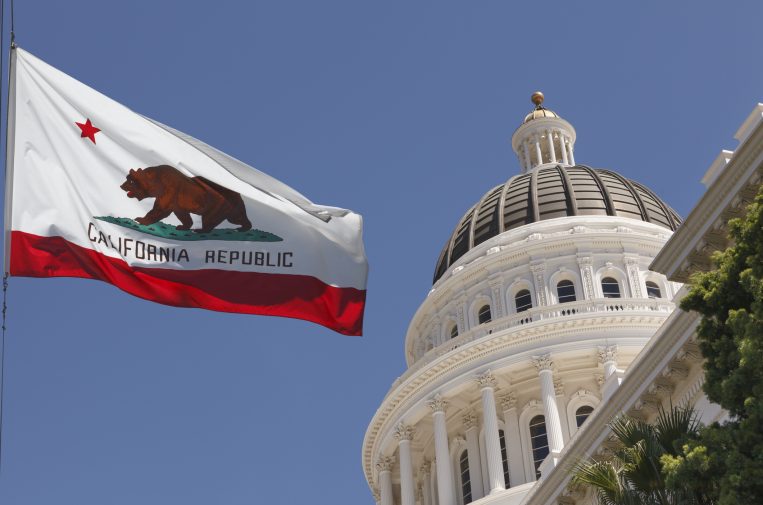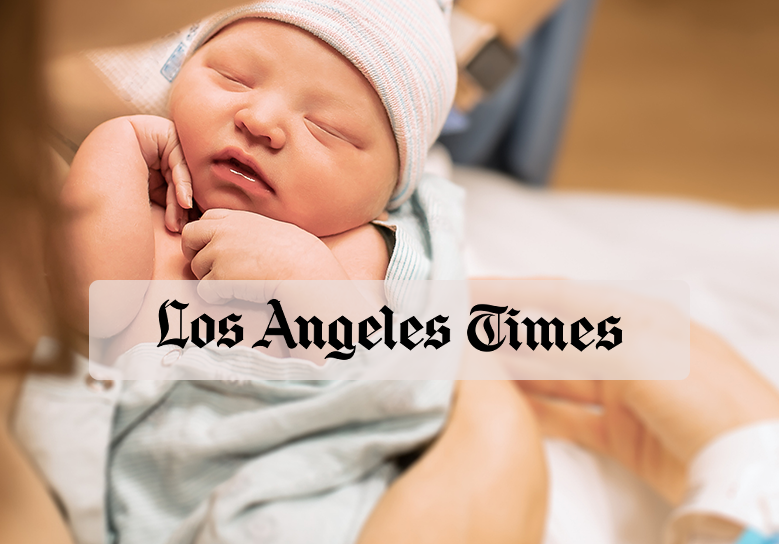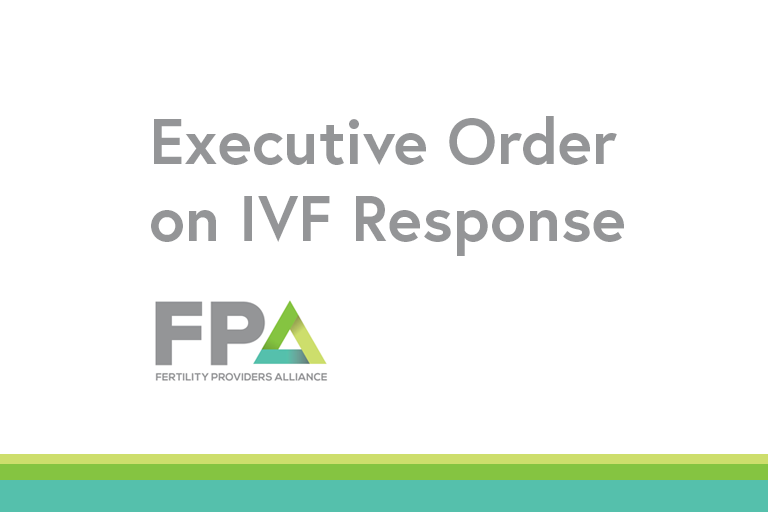RSC initiates egg-freezing program for non-medical reasons, offering new options for delayed parenting, as well as patients conflicted over morality of unused embryos
SAN RAMON, CALIFORNIA – Following what is likely its first pregnancy from a frozen human egg, the Reproductive Science Center of the San Francisco Bay Area announced a new program allowing women to freeze and store unfertilized eggs at RSC for non-medical reasons. The practice is the first freestanding IVF clinic in the region to offer such a program.
Until recently at in vitro fertilization (IVF) clinics, egg freezing has been largely reserved for women undergoing cancer treatment. Such patients set aside their eggs in hopes of preserving post-recovery fertility options.
In contrast, Heidi Sledge, a professional photographer from Dublin, California, is a healthy 31-year-old now 11 weeks pregnant as a result of what physicians believe is probably an IVF embryo created from a frozen egg. Doctors aren’t certain because Sledge’s pregnancy began with a transfer of three embryos during her treatment, two of which were created in vitro from fresh eggs or oocytes. The third was created from a frozen egg that was thawed, fertilized and grown five days in the lab to the more advanced blastocyst stage of embryonic development, which increases chances of a successful implantation.
“We will never know for certain if the successful embryo is from the frozen egg,” said Louis Weckstein, M.D., Sledge’s physician at RSC. “But the blastocyst embryo was by far the healthiest of the three we transferred to the uterus, and the chances are greatest that it is the one that lead to pregnancy.”
The other two embryos were frozen, thawed and then refrozen and thawed again prior to transfer, and were of much poorer quality. While RSC has been planning to offer egg freezing to healthy women for about a year, this case boosts physician confidence that the technique can succeed.
This means that qualifying women can postpone pregnancy for a variety of personal reasons: career demands, lack of a partner, and, for many, religious or spiritual dilemmas.
In IVF treatments, doctors typically induce ovulation in a patient, retrieve several dozen mature eggs, and then fertilize a number of them in hopes of creating one or two embryos healthy enough to grow three to five days in the laboratory and eventually yield a successful pregnancy. Among patients considering IVF, doctors say that a chief hesitation stems from the predicament of creating leftover embryos that must be destroyed, donated for research or adoption, or consigned indefinitely to frozen storage.
Traditionally, embryos survive freezing or “cryopreservation” much better than eggs. But if eggs can be frozen and thawed successfully, doctors can create a much smaller number of embryos on an as-needed basis, going back to storage for more later rather than putting a patient through the time, expense and physical and emotional strain of additional egg retrievals.
“Avoiding the moral dilemma of extra embryos and freezing life? I just love that,” said Sledge, a devout Christian and active member of the Cornerstone Fellowship church in Livermore. “That was the first thing that crossed my mind when I heard about this.”
This was Sledge’s fifth – and final – fertility treatment in a long, three-year journey. In November 2004, RSC physicians retrieved 26 of Sledge’s eggs for IVF. Of those, the Sledges asked that nine be fertilized, while 12 of the others were frozen. After the fresh embryos failed to produce a pregnancy, the frozen eggs were used.
“This was our last effort before turning to adoption,” Sledge said. “God gave us science, and I don’t believe we’re meddling with God’s plans for us. Life, no matter the process, is still a gift from God.”
RSC will accept medically suitable patients in its program for the most part regardless of their personal reasons for participation, said Mary Hinckley, M.D., one of five infertility specialists at RSC. Of 10 other IVF clinics in the Bay Area, only the one at Stanford University Medical Center offers a similar program.
“I know many single women in my age group who feel that the pressure on women to find a partner by their mid-30s is intense,” said Dr. Hinckley, 36. “Some have told me they would be highly interested in this option because it would allow them a chance of having a genetic child that they may not have if it took them another five years to find Mr. Right.”
[hoops name=”PR-contact”]






